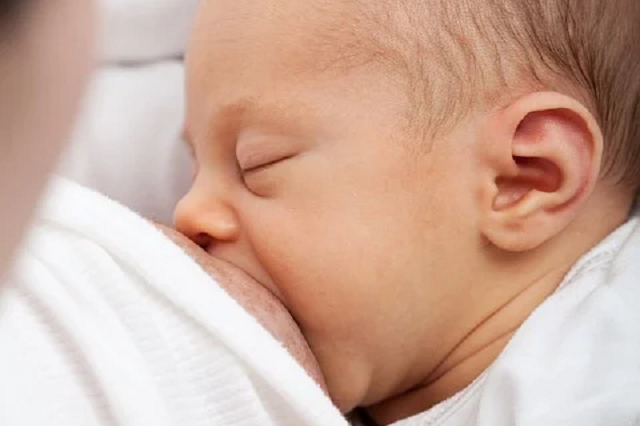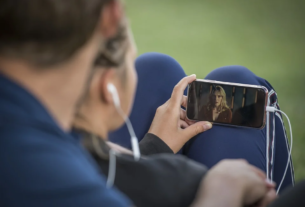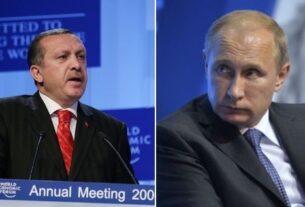Vaccinating breastfeeding mothers against COVID-19 help protect their babies

A new study conducted jointly by Tel Aviv University and Ichilov hospital found that vaccinating breastfeeding mothers promotes the production of important antibodies in their breastmilk, potentially contributing to the protection of their nursing babies.
The purpose of the study was to discover whether Pfizer’s vaccine was effective in neutralizing the COVID-19 virus.
The study was conducted between January and February 2021, soon after the vaccines arrived in Israel, and included 10 breastfeeding mothers.
The participants received two shots of the vaccine, 21 days apart, and the levels of antibodies in both their blood and breastmilk were tested at four points in time, following vaccination.

The research indicates that the breastmilk and the blood are well synchronized with one another, with regard to the rise of the levels of the specific antibodies generated by the vaccine. In both breastmilk and blood, the significant increase occurs 14 days after the first shot and continues 7 days after the second shot.
The study also found that the antibodies developing in breastmilk hold the potential to neutralize the virus. They can block the virus from binding with receptors on host cells and are important for preventing the disease.
Dr. Yariv Wine from Tel Aviv University said: “The encouraging data show that vaccinating breastfeeding mothers promotes the production of important antibodies in their breastmilk, potentially protecting their nursing babies from the disease.”
The leading research team at Tel Aviv University included Dr. Yariv Wine and the PhD student Aya Kigel from the Shmunis School of Biomedicine and Cancer Research at the Faculty of Life Sciences. The team at the Lis Maternity and Women’s Hospital at the Tel Aviv Sourasky Medical Center was led by Dr. Michal Rosenberg-Friedman and Prof. Ariel Many.
The paper is currently undergoing peer review.
Read more about: Breastfeeding, Coronavirus, COVID-19



